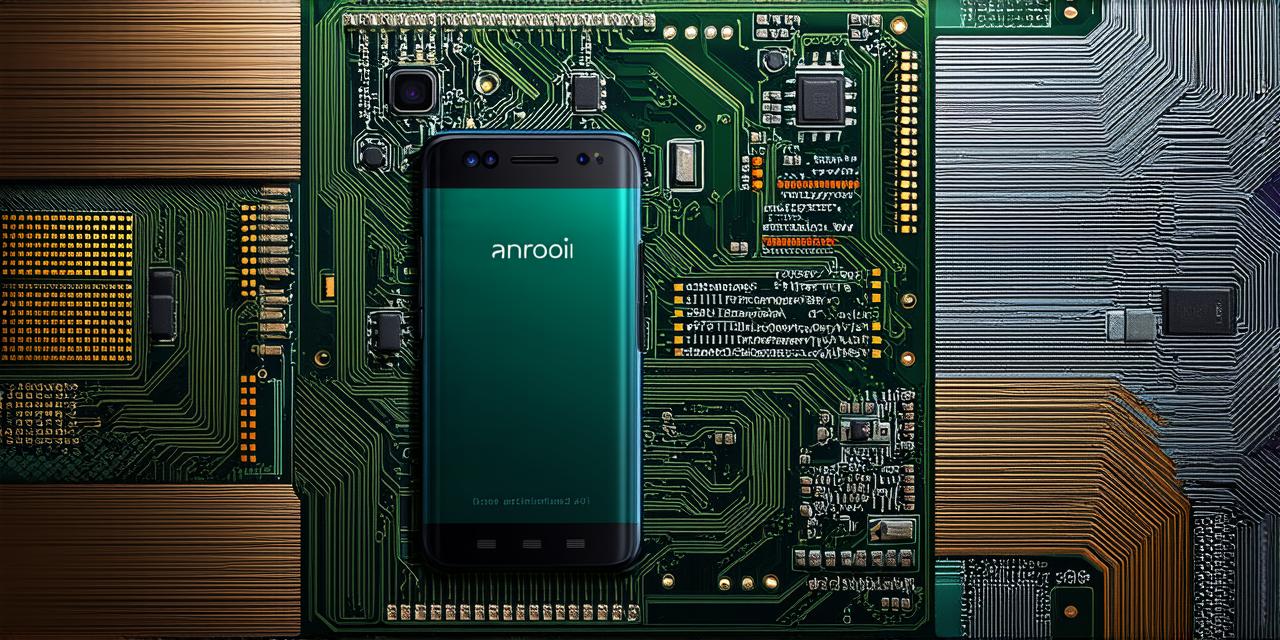Which framework is most suitable for developing Android applications?
Android apps have become increasingly popular worldwide, leading to a surge in demand for skilled developers who can create high-quality apps that meet the needs of their target audience. With numerous frameworks available, it can be challenging to choose the right one for your project. In this article, we will explore some of the most popular Android app development frameworks and help you determine which one is best suited for your needs.
1. Flutter:
Developed by Google, Flutter is a cross-platform mobile development framework that allows developers to create native-like apps for both Android and iOS platforms using a single codebase. Flutter uses the Dart programming language, which is fast, easy to learn, and has excellent performance. With Flutter, developers can leverage Google’s Material Design and Cupertino’s look and feel for their apps. Flutter also supports hot reload, which allows developers to test changes in real-time without having to restart the app, saving time and effort.

2. React Native:
Developed by Facebook, React Native is a popular open-source framework that allows developers to build cross-platform mobile applications using JavaScript and React. With React Native, developers can reuse components and code from their existing web development projects, reducing development time and costs. React Native also supports hot reload, which enables developers to test changes in real-time, making the development process more efficient.
3. Ionic:
Ionic is a hybrid mobile app development framework that allows developers to build cross-platform mobile apps using HTML, CSS, and JavaScript. Ionic uses AngularJS or React for app development, providing developers with a rich set of tools and libraries to create high-quality apps. Ionic also supports hot reload, making the development process more efficient and reducing the time it takes to test changes.
4. Xamarin:
Developed by Microsoft, Xamarin is a mobile app development framework that allows developers to build native-like apps for both Android and iOS platforms using C or VB.NET. With Xamarin, developers can reuse their existing .NET codebase and take advantage of the vast library of tools and libraries available in Visual Studio. Xamarin also supports hot reload, enabling developers to test changes in real-time, saving time and effort.
5. Cordova:
Cordova is a popular open-source mobile app development framework that allows developers to build cross-platform mobile apps using HTML, CSS, and JavaScript. Cordova uses the Apache Cordova project to enable developers to create native-like apps for both Android and iOS platforms using a single codebase. With Cordova, developers can leverage the vast library of tools and libraries available in Node.js, making it easier to develop complex applications.
6. Kotlin:
Kotlin is a modern programming language developed by JetBrains that is fully interoperable with Java. Kotlin is designed to be more concise, expressive, and safer than Java, making it an excellent choice for Android app development. With Kotlin, developers can take advantage of the latest features and capabilities of Android, including coroutines, lambda expressions, and extension functions.
FAQs:
1. What is the difference between Flutter and React Native?
Flutter uses its own programming language, Dart, while React Native uses JavaScript. Flutter has a rich set of tools and libraries, while React Native relies on existing web development tools and libraries. Both frameworks support hot reload and allow developers to create cross-platform apps using a single codebase.
2. Which framework is best for enterprise app development?
All of the frameworks mentioned above are suitable for enterprise app development, with each having its strengths and weaknesses. It’s essential to evaluate the specific requirements of your project before making a decision, considering factors such as the level of customization needed, the complexity of the app, and the experience of the development team.
3. How long does it take to develop an Android app using one of these frameworks?
The time it takes to develop an Android app using one of these frameworks will depend on several factors, including the experience of the development team, the complexity of the app, and the level of customization needed. However, with the right development team and tools, developers can create high-quality apps in a relatively short amount of time.
